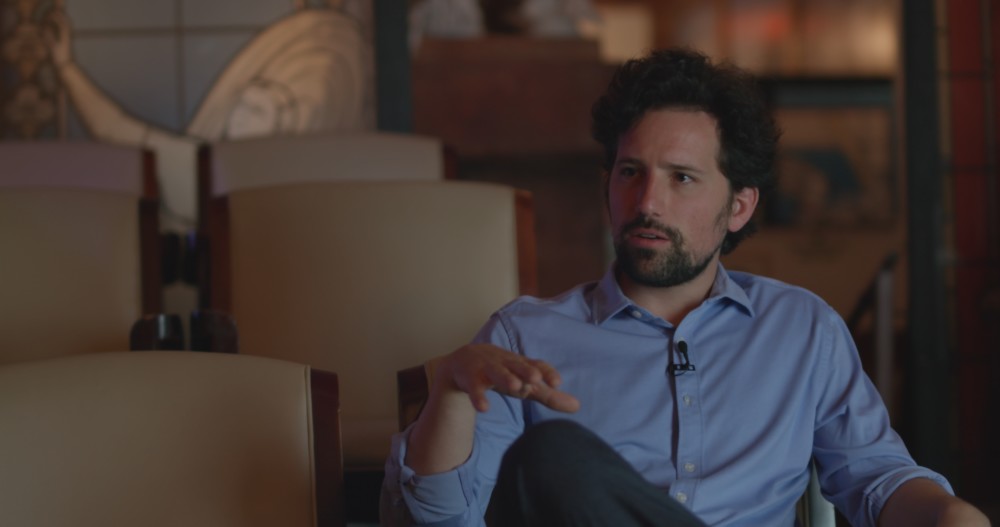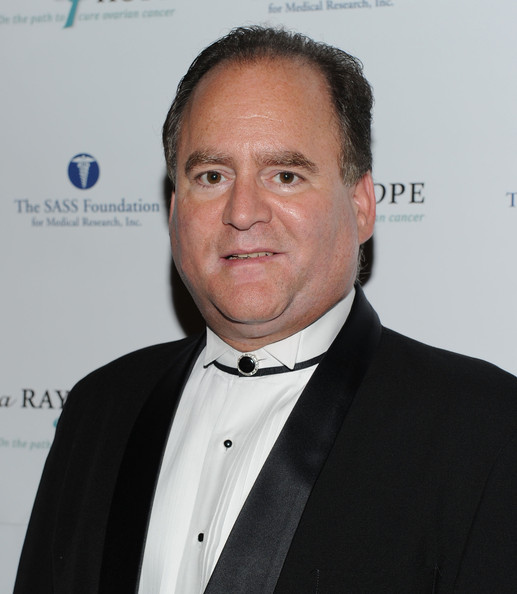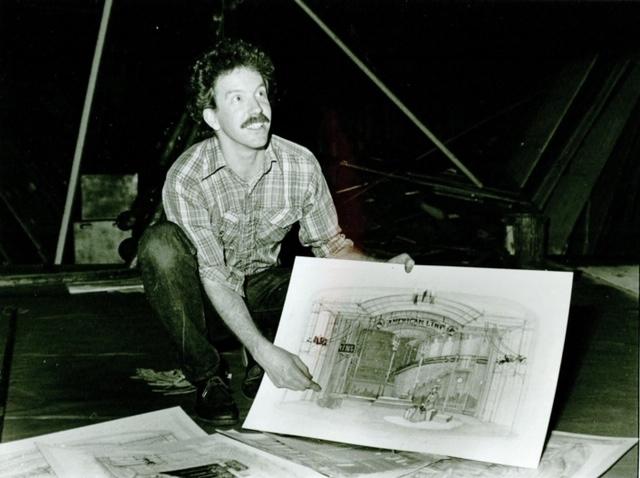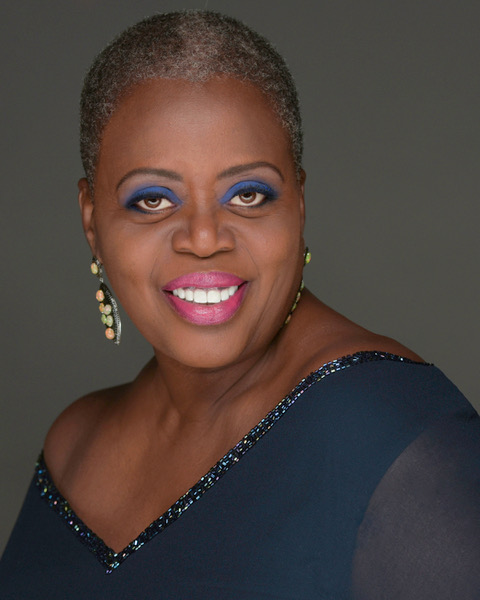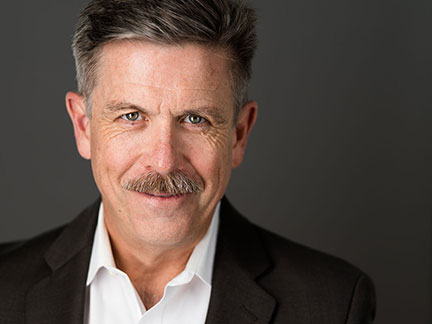Theater Pizzazz’ Marcina Zaccaria spoke with Hazen Cuyler about Greenhouse Ensemble’s upcoming production of Romeo and Juliet to gather more information about the Artistic Director/Founder and the company’s mission.
Marcina Zaccaria: What is The Greenhouse Ensemble? What is your role in the Ensemble?
Hazen Cuyler:
The Greenhouse Ensemble is a Theatre, Film, Art and Music Company dedicated to bringing together The Arts on the Upper West Side of Manhattan. We cultivate a positive, judgment free environment where artists of any discipline create fully realized work. The name Greenhouse comes from this kind of fertile creative environment. We create theatre, art installations, films, music events, digital media, etc. I’m the Artistic Director and Founder.
MZ: Why did your Ensemble decide to produce Romeo and Juliet this year?
HC: We had been thinking about Romeo and Juliet for several years and never prioritized it. And then, at the height of the North Korea/US tension, I felt I needed to say something. For me, the reason for presenting Romeo and Juliet was never about the love story. It was about irrational conflict and its consequences. The North Korea and US tension always felt like two people with their hands over the red nuclear button, starring at each other, afraid the other was going to push it first. And so this play became about people who don’t want to be in conflict with one another, but are too irrationally afraid not to be.
MZ: How many times do you think you’ve read Romeo and Julie up to this point?
HC: It’s pretty hard to tell. I work differently in every process. Sometimes I read a play over and over and over again from start to finish every day and sometimes I find reading the play while I am working with actors to be strangely distasteful. For this process, I didn’t read it all the way through anymore but I am in rehearsal 6-10 hours a day refining each moment of each scene. We also do a great deal of table work before we get on our feet, carefully combing through each scene from each character’s perspective, deciphering every beat and line. I couldn’t tell you how many times I’ve read it at this point, though.
MZ: What is the joy in performing Shakespeare?
HC: The language’s density and precision and elegance alongside the epic stakes of the character’s circumstances are almost incomparable. This is my first time directing Shakespeare, but I’ve found myself wondering how I could possibly direct anything else again. The material is just so rich. And I can now see why his plays are so adaptable- why they can so easily fit into various time periods and interpretations. With this group of actors we’re working with now, my interpretation is exactly what I envision. There’s no question about where we’re headed or even the intention of the play. I can’t even watch another interpretation, because I become irrationally sickened by how wrong they are. I’ve even tried watching Zeffirelli’s masterpiece and had to turn it off because it irritated me too much. I’m sure if I direct Romeo and Juliet again, I’ll be just as certain about a new vision and again won’t be able to watch anyone else’s.
MZ: Do you have any pre-show warm-up secrets you’d like to share?
HC: There are a million warm ups to do as an ensemble and as an individual. The most important thing is for an individual actor to take responsibility for his/her instrument and process. It’s important they know what they need to do before a show begins in order to create the best work. It’s very easy to fall into casual conversation with fellow actors, distracting themselves and avoiding responsibility. This can actually be a part of some people’s process, but often times it proves detrimental when you compare results from an actor who prepares methodically before a show and someone who jokes with fellow actors. The work requires an incredible amount of presence and concentration and these skills require practice and dedication.
MZ: The play has a large cast and a wide age range. How did you handle casting?
HC: We try not to hold auditions unless they’re really necessary. For this production, we mostly used actors who we know and have worked with for a while, but we did hold auditions for a few parts. Casting was frightening because Romeo and Juliet is an enormous ensemble. And we don’t have the luxury of a huge budget where we can pay actors to quit their jobs and dedicate 6 months or more to a project. So when you have a cast of 15 and you need to work with people’s schedules to ensure that the play is rehearsed efficiently, it’s intimidating. It’s especially difficult with larger scenes. Often, we’ve found ourselves missing one actor who couldn’t be there at one specific time but the scene needed to be worked. And so you end up rehearsing a scene missing a person, and plugging them in later on. It’s a bit make-shift, but it’s the reality of this process. And I would say it’s the most difficult part of working on this play.
MZ: Do you anticipate any challenges about performing at Pushkin Hall?
HC: Pushkin Hall is the home of The Russian Arts Theater and Studio. It’s the place where many of us at Greenhouse trained, and we have several actors from their ensemble in this production. Aleksey Burago is a mentor of mine and I’ve never felt anything but support from him. So in that way, we’re very fortunate.
MZ: What do you hope your audience will take away from the production?
HC: I hope people see this play and they begin to look at class systems operating around them with a bit more specificity. Romeo and Juliet die and we call it a tragedy. . . because it is. But there are many other deaths in this play and their names aren’t the title of a play. Some of those deaths aren’t even named. The opening brawl is the third in a recent string of terrifying events where citizens are killed as a part of a conflict that no one seems to have control over. Did no one else in those losses know true love? But Romeo and Juliet are of the highest class in Verona, born to the wealthiest families, and so we build gold statues in their image and name a play after them. Our ideas of celebrity discount the lives and equality of many others.
MZ: What the performance dates?
HC: The play runs from July 18-28. It’s a pretty limited engagement, so I hope people are able to make it out. There’s been a lot of work put into it and I think it’s going to be an enjoyable and meaningful experience.
MZ: Anything you’d like to add?
HC: Thank You for the opportunity to speak with you about Romeo and Juliet. I hope to see you there!
MZ: And thank you!!


